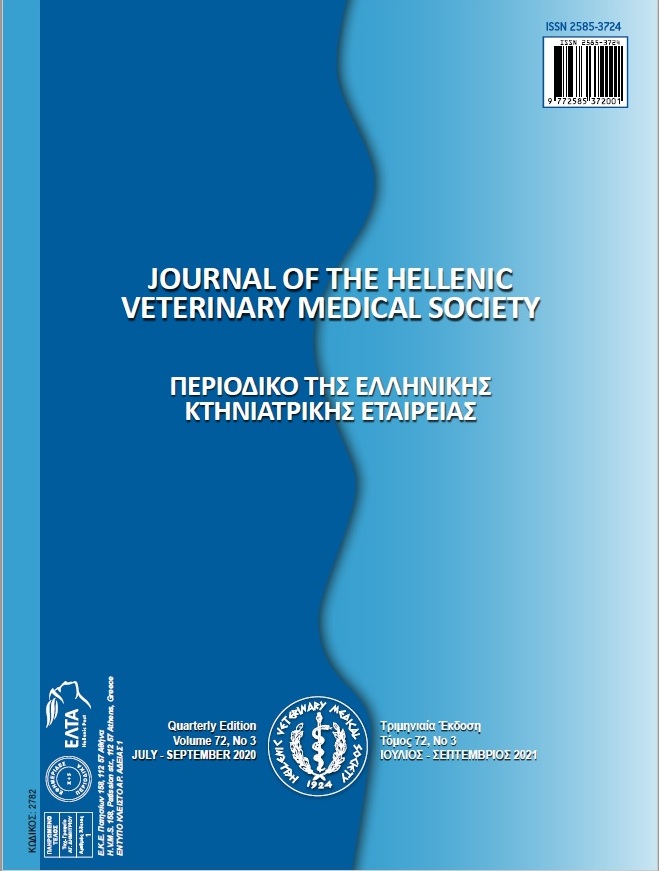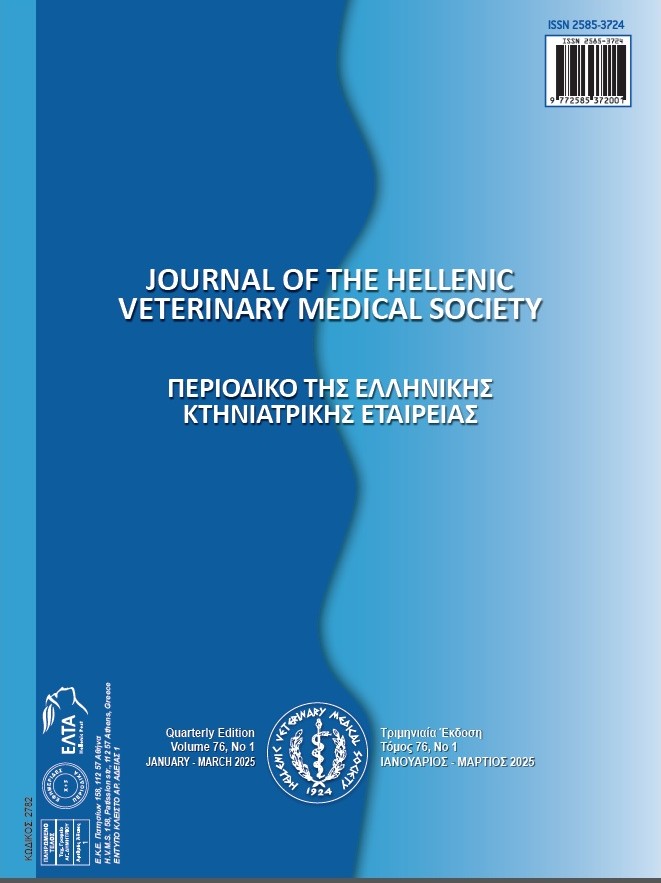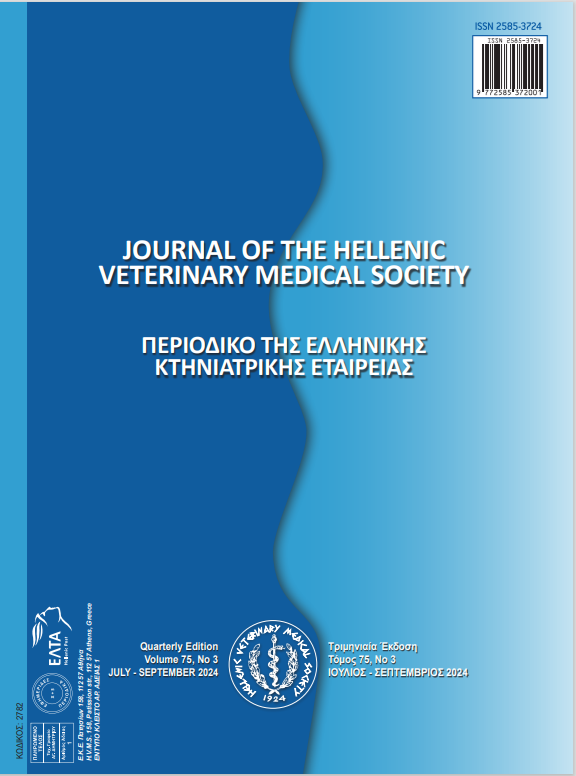Effects of pennyroyal (Mentha pulegium L.) dietary supplementation on performance, carcass quality, biochemical parameters and duodenal histomorphology of broilers
Resumen
In this study, the effects of (Mentha pulegium L.) dietary supplementation on performance, carcass characteristics, some biochemical parameters, and intestinal histology were investigated in broiler chickens. Four groups were formed as control and groups treated with pennyroyal at different levels (0.25%, 0.50%, and 1.00%). In the experiment each group had eight replicates. A total of 192 broilers were used in the study with six broilers in each replicate. Water and feed were ad libitum provided. Adding different levels of pennyroyals to broiler rations significantly affected performance parameters; an increase in final body weight and carcass yield and a decrease in total feed intake and the conversion rate was observed (P<0.05). Serum cholesterol, malondialdehyde, and glutathione values were also affected by the addition of pennyroyal (P<0.05). Pennyroyal was effective in vitro against S. enteritidis, E. coli, S. aureus, S. abortus ovis, B.anthracis sterne strains. Besides, it increased the duodenum villus’ length compared to the control group (P<0.05). On the other hand, pennyroyal did not affect carcass and visceral organ weights, several serum biochemical values (P>0.05). As a result, it was concluded that pennyroyal at the level of 0.50% in ration was effective on health and growth performance of broilers.
Article Details
- Cómo citar
-
ÖLMEZ, M., & YÖRÜK, M. (2022). Effects of pennyroyal (Mentha pulegium L.) dietary supplementation on performance, carcass quality, biochemical parameters and duodenal histomorphology of broilers. Journal of the Hellenic Veterinary Medical Society, 72(3), 3213–3222. https://doi.org/10.12681/jhvms.29137
- Número
- Vol. 72 Núm. 3 (2021)
- Sección
- Research Articles

Esta obra está bajo una licencia internacional Creative Commons Atribución-NoComercial 4.0.
Authors who publish with this journal agree to the following terms:
· Authors retain copyright and grant the journal right of first publication with the work simultaneously licensed under a Creative Commons Attribution Non-Commercial License that allows others to share the work with an acknowledgement of the work's authorship and initial publication in this journal.
· Authors are able to enter into separate, additional contractual arrangements for the non-exclusive distribution of the journal's published version of the work (e.g. post it to an institutional repository or publish it in a book), with an acknowledgement of its initial publication in this journal.
· Authors are permitted and encouraged to post their work online (preferably in institutional repositories or on their website) prior to and during the submission process, as it can lead to productive exchanges, as well as earlier and greater citation of published work.





